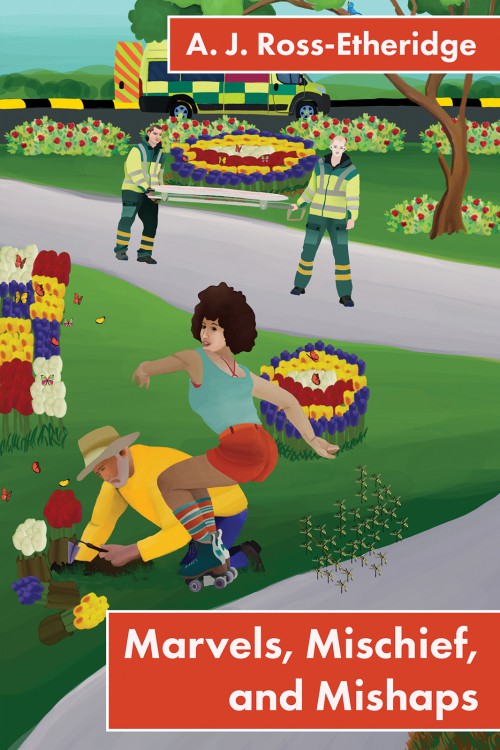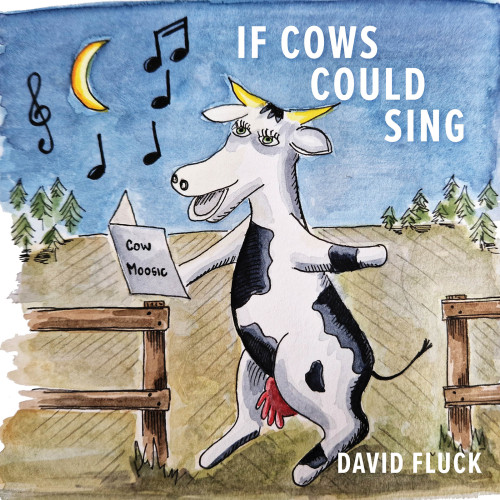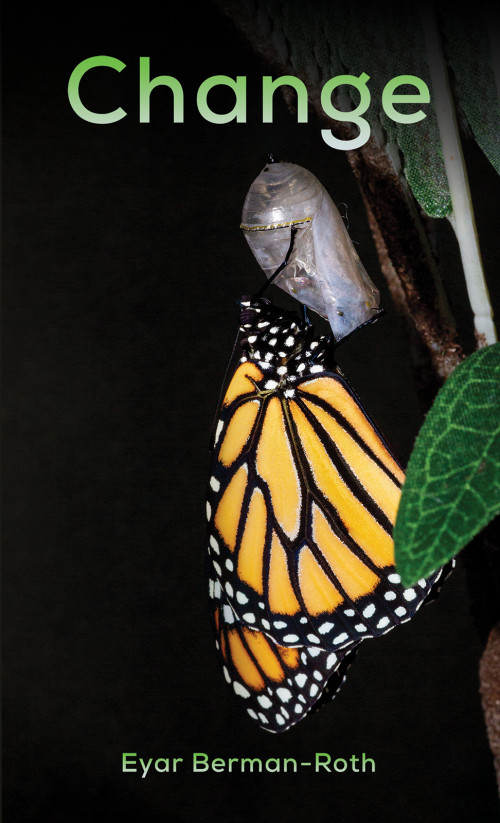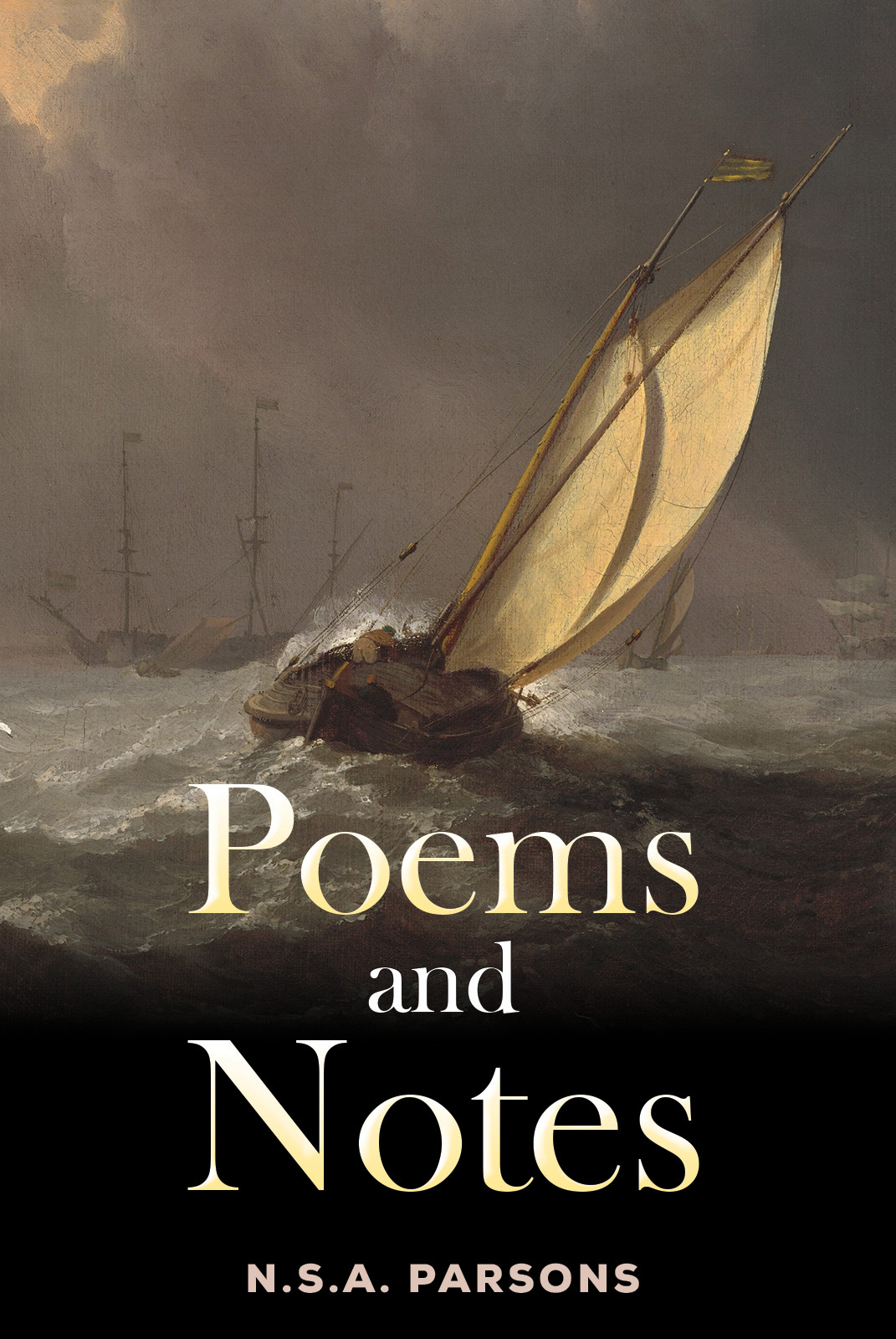In Blue Moon over Moorea, an anthology of poems by Australian lawyer and poet Sally Gaunt, the author mines some of her favourite themes to remarkable effect.
Water in all its forms proves a constant inspiration, from ‘Swimming with Seahorses’ to the rapt, almost hallucinatory images of the title poem. Gaunt breathes new life into verse written for the reading community and brings a sharp eye and wry humour to the perennial subjects of love, sex and death.
Many of the poems are boldly imaginative recreations of historical events, typically centred on the sea, while the cycle of feather poems that opens the book considers the concept of manhood versus mayhem in a social setting.

-657ab813f0397uploaded_image.jpg)









